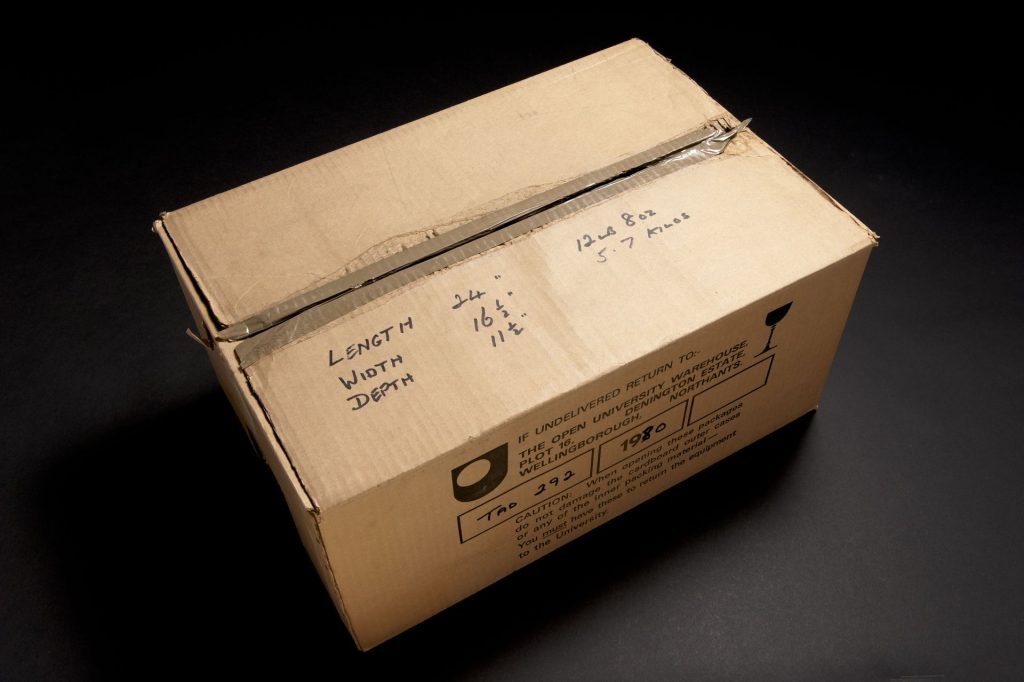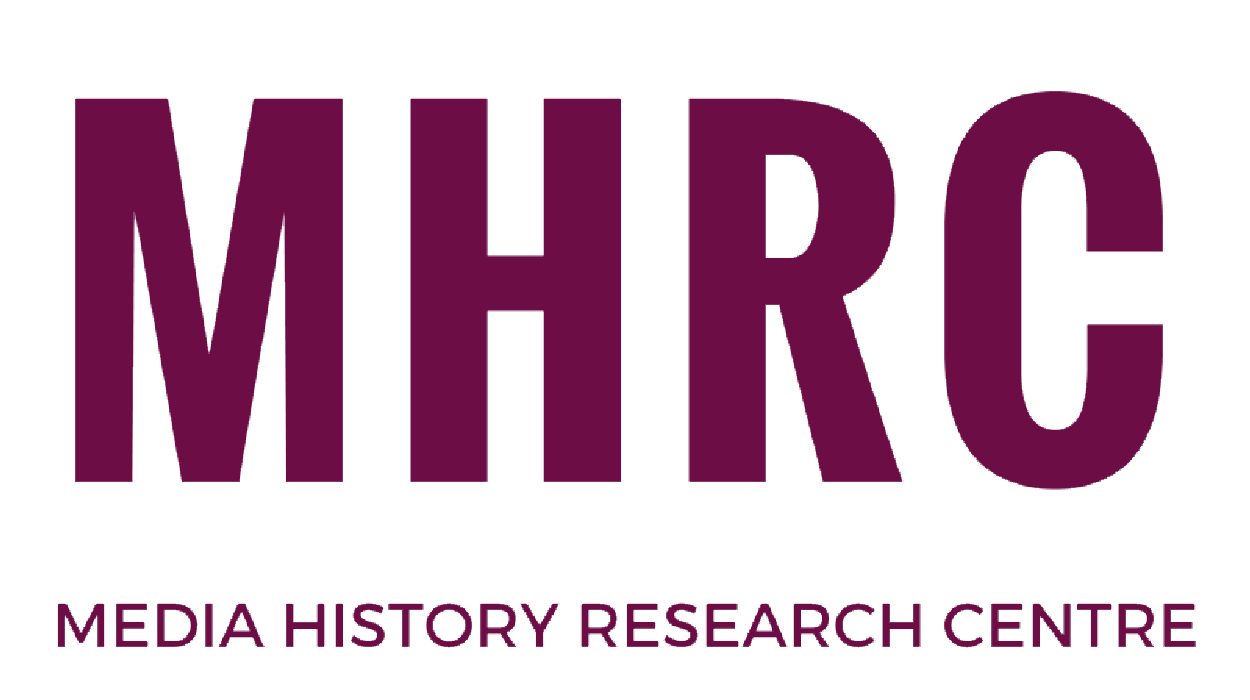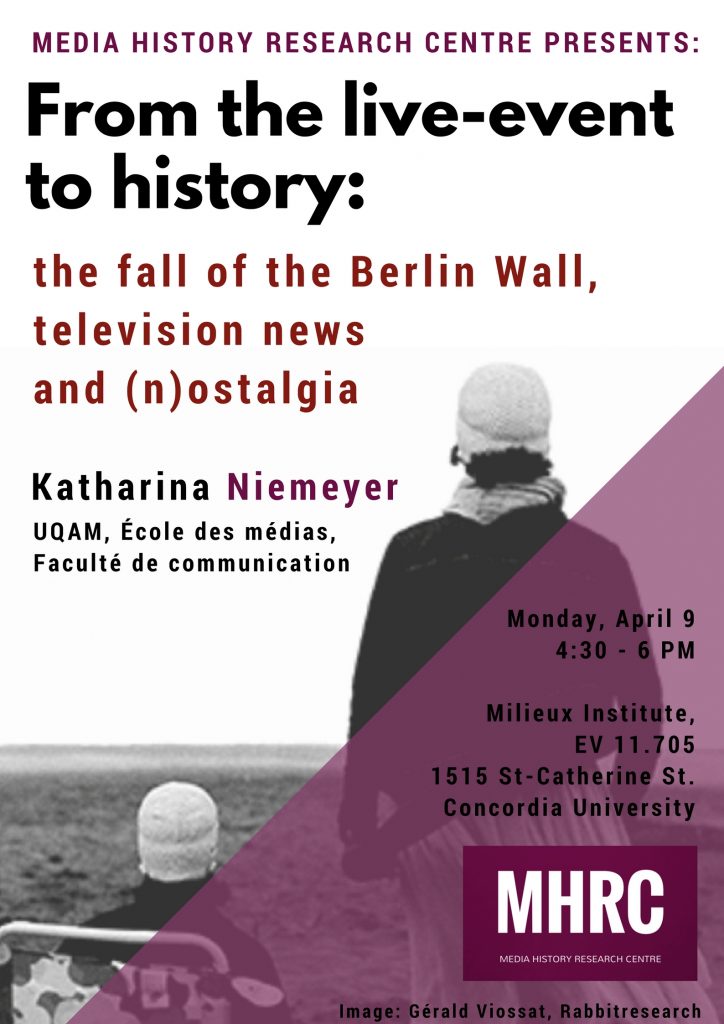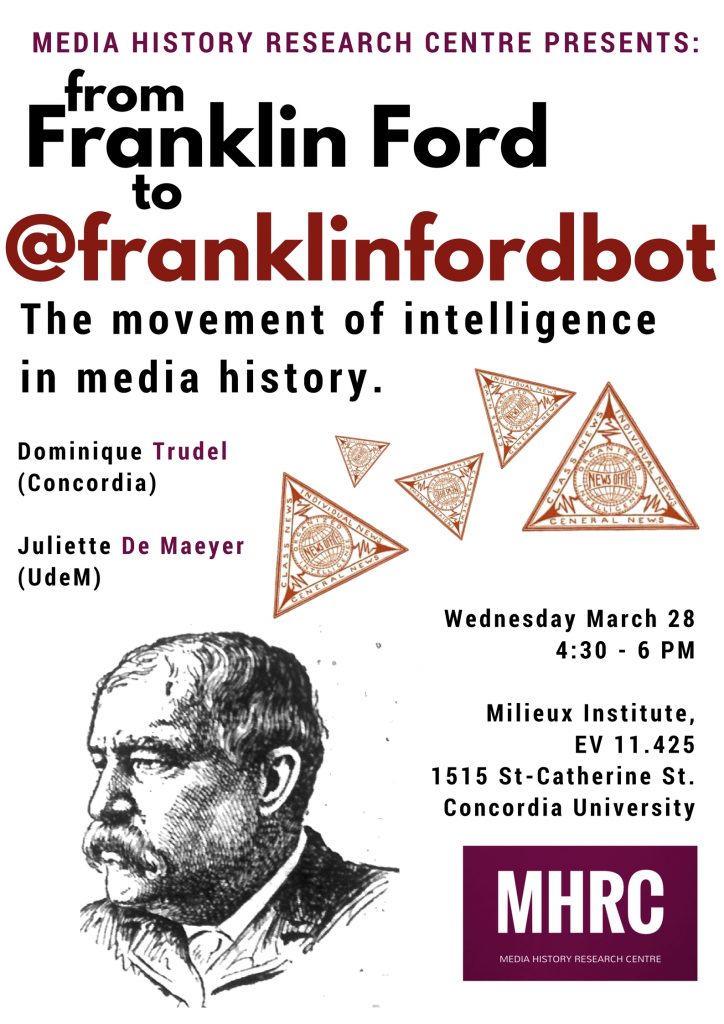The Other 1960s | Charles Acland, Rick Prelinger & Haidee Wasson

Open University home experiment kit box, ca. 1980 (Credit © CCA)
The Other 1960s | Charles Acland, Rick Prelinger & Haidee Wasson
The 1960s is generally understood to be a period of tumultuous social and cultural change, and there are numerous histories and documents that recount the upheaval. As with any accepted historical narrative, alternative versions await to be told. This is especially the case when considering art and media of the 1960s, with Pop Art, media installations, and popular television occupying central and conventional places. Inspired by the Canadian Centre for Architecture (CCA) exhibition The University is Now on Air: Broadcasting Modern Architecture, this panel will explore media ephemera and the newly applied ideas about mass education for a new information society that arose in the 1960s. These everyday and functionalist uses of media shaped the modern world and continue to influence the digital era.
Charles Acland is a professor and acting chair in the Department of Communication Studies at Concordia University. Rick Prelinger is an archivist, writer, filmmaker and outsider librarian. In 1982, he founded Prelinger Archives, a collection of industrial, advertising, educational and amateur films that was acquired by the Library of Congress in 2002. Haidee Wasson is a professor of film studies at the Mel Hoppenheim School of Cinema, Concordia University.
Moderated by Lev Bratishenko, CCA Curator, Public, and presented in collaboration with the MHRC and the Centre Canadien d’Architecture / Canadian Centre for Architecture (CCA)
May 3 | 6:30 PM
Paul Desmarais Theatre
1920 Baile St Montréal Québec


